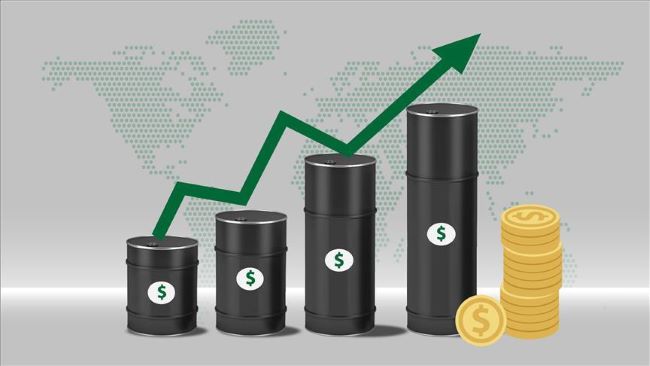The oil market saw a rebound on Tuesday following a steep decline in crude oil prices on Monday, which came in the wake of Israel’s recent retaliatory strike on Iran over the weekend. Although Iran’s response remains uncertain, the market currently perceives a reduced supply risk, according to a note from ING.
Brent crude rose to $71.32 per barrel, while the U.S. benchmark West Texas Intermediate (WTI) climbed 0.45%, reaching $67.68 per barrel, compared to $67.38 at Monday’s close.
In the past month, oil prices had surged on concerns that potential Israeli attacks on Iran’s energy infrastructure could escalate into a broader conflict in the Middle East, home to a large share of global oil resources.
On Monday, oil prices dropped over 6% as Israel’s strikes carefully avoided targeting oil and nuclear sites in Iran. The resulting decline in geopolitical risks led to a selloff across oil markets.
Despite this, tensions in the Middle East remain high. Iranian President Masoud Pezeshkian stated that Iran does not seek war but will defend its rights and respond to Israel’s actions if necessary.
The recent strength of the U.S. dollar, ahead of upcoming elections, has also contributed to lower oil prices, as a stronger dollar makes oil more expensive for foreign buyers, reducing demand.
Meanwhile, the U.S. government’s plan to purchase oil for the Strategic Petroleum Reserve (SPR) lent some support to prices. The U.S. Department of Energy’s Office of Petroleum Reserves announced on Monday a new solicitation to buy up to 3 million barrels for SPR delivery between April and May 2025.
ING analysts noted that Israel’s selective response potentially leaves room for de-escalation, which could refocus market attention on fundamentals. “Fundamentals are expected to remain bearish through 2025,” ING said. In light of the geopolitical uncertainty, many market participants have turned to options markets to hedge against potential price spikes.
The Biden administration intends to procure up to 3 million barrels for the SPR to be delivered to the Bryan Mound site between April and May 2025. So far, the Department of Energy has acquired more than 55 million barrels for the SPR at an average price of $76 per barrel, compared to the $95 per barrel received during emergency sales in 2022.












